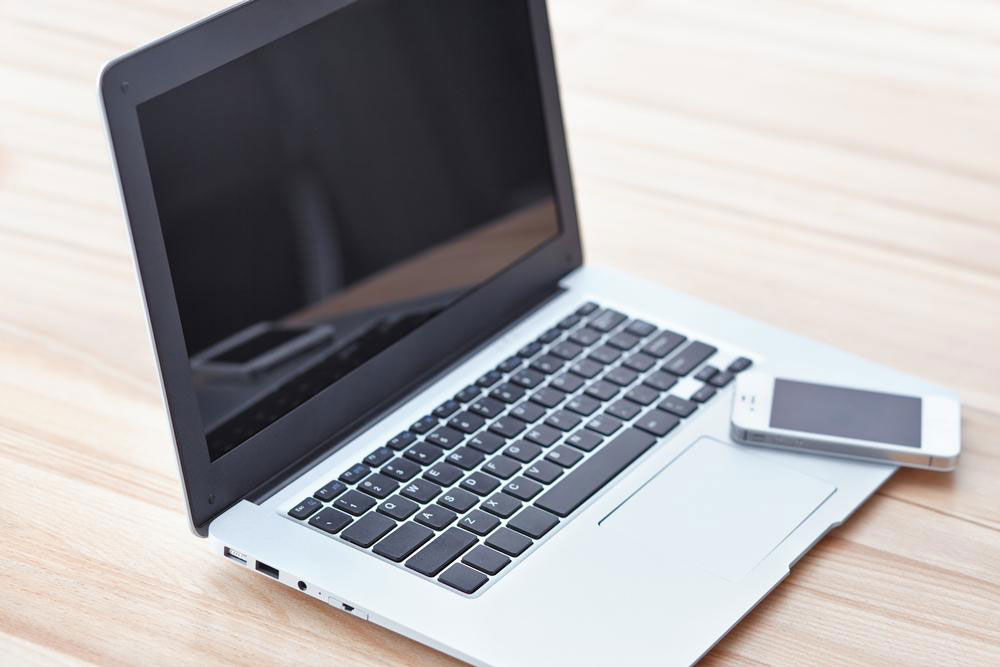Comprehensive Guide to Selecting the Perfect Business Laptop for Small Enterprises
Discover comprehensive tips for selecting the perfect business laptop tailored for small companies. Learn how to choose based on budget, portability, OS, specifications, and deals. Equip your small business with reliable, efficient technology that boosts productivity and supports growth. This detailed guide helps you make informed decisions to ensure your laptop meets all business needs with durability and performance.

Comprehensive Guide to Selecting the Perfect Business Laptop for Small Enterprises
In today’s rapidly evolving digital economy, small businesses must leverage reliable and efficient technology solutions to stay competitive. A pivotal component of this technological backbone is choosing the appropriate business laptop. Whether you are a sole proprietor managing a remote setup or a growing startup with multiple employees, selecting the right device can significantly influence your operational efficiency. Making an informed decision involves evaluating several critical factors, including budget constraints, portability needs, operating system preferences, technical specifications, and available deals. Properly selecting a business laptop tailored to your company's specific needs can streamline workflows, enhance productivity, and ultimately contribute to business growth.
Determine Your Budget - Establishing a clear budget prior to your shopping process is essential. This helps narrow down choices and focus on suitable models that meet your financial limits. Generally, business laptops fall into different price ranges. Entry-level models available at around $200 often lack the necessary features needed for professional tasks, such as sufficient processing power or storage. Mid-range options, typically priced between $400 and $500, offer a balanced mix of performance and affordability for small businesses. For more demanding requirements, high-end business laptops exceeding $500 provide advanced features, better durability, and enhanced performance. Knowing your budget allows you to filter options efficiently, ensuring you invest wisely without overspending.
Prioritize Portability - Small business owners often require mobility. Depending on your work style and business demands, select a device that offers optimal portability. Lightweight convertibles, such as 2-in-1 laptops or ultra-lightweight notebooks, are excellent for working remotely or during travel. Devices like the Lenovo 11.6-inch Touchscreen 2-in-1 prioritize compactness and flexibility, making them ideal for on-the-move productivity. Higher-end options, such as the Dell Inspiron 7000 series, provide larger screens and more robust features, suitable for intensive work environments where performance matters. The choice between portability and power depends on your specific business activities, whether fieldwork, client meetings, or home office setups.
Selecting the Appropriate Operating System - The operating system (OS) is fundamental in determining your laptop’s compatibility with your business applications and your user experience. Major options include macOS for Apple MacBooks, Windows OS supporting a wide array of business software, Chrome OS for budget-friendly, cloud-centric use, and Linux for custom or specialized tasks. MacBooks are renowned for build quality and seamless integration with other Apple devices, making them suitable for creative professionals or those already in the Apple ecosystem. Windows laptops are highly versatile, compatible with most business tools, and generally offer a broader array of hardware options. Chrome OS models are typically less expensive and ideal for basic administrative tasks, web browsing, and cloud-based applications, especially for startups with minimal local software needs.
Technical Specifications Matter - Match your laptop’s specs to your business requirements. For regular multitasking, editing, and data management, an Intel Core i5 processor is generally sufficient, but for more intensive tasks like video editing or software development, consider an Intel Core i7 or higher. RAM is equally critical; at least 4GB is the minimum, but 8GB or more provides smoother multitasking. Solid-State Drives (SSDs) significantly improve boot times and overall speed compared to traditional hard drives. Aim for a display resolution of at least 1080p to ensure clarity and reduce eye strain. Before finalizing your purchase, verify the availability of necessary ports such as USB-C, HDMI, or SD card readers to connect peripherals essential for your workflow.
Additionally, take advantage of promotional deals offered by vendors and online platforms like Amazon, eBay, or manufacturer websites to reduce costs. Seasonal sales, bulk purchase discounts, or refurbished options can provide quality devices at more affordable prices, making it easier for small enterprises to equip their teams with reliable hardware.
Investing time in choosing the right business laptop tailored to your small company's needs is crucial. Properly evaluating your budget, portability desires, operating system preference, technical specifications, and available deals ensures you find a device that boosts productivity and supports your growth trajectory. With numerous options available today, doing thorough research and considering your unique business requirements will help you make a smart, future-proof investment that empowers your team and enhances operational efficiency.





